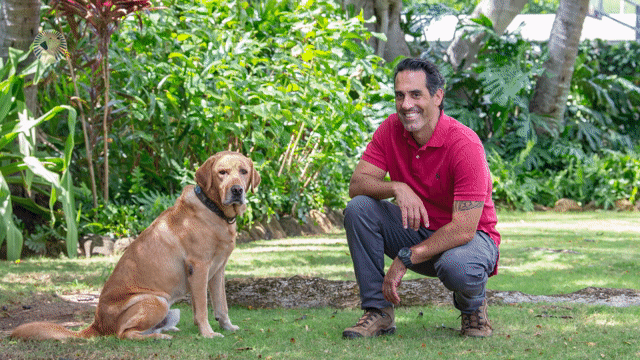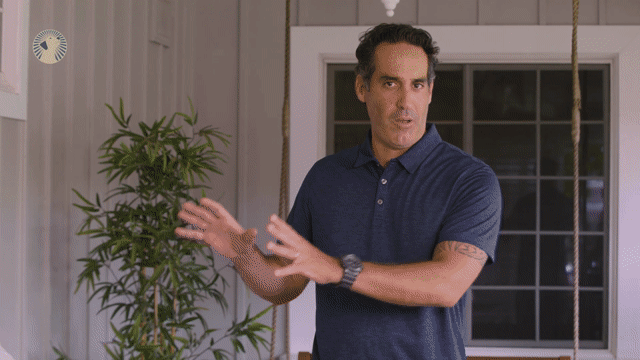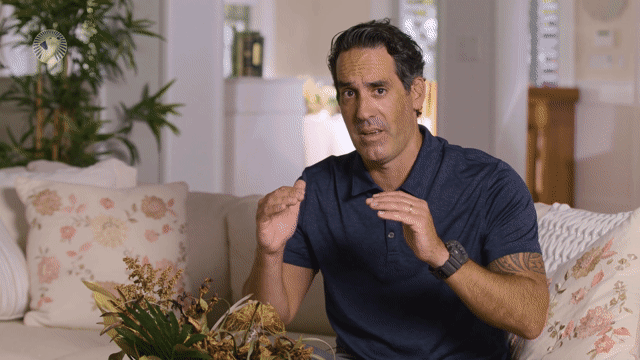How Do You Check for a Puppy's Temperament?
As puppies grow into adult dogs, many owners are surprised when their once gentle and loving dog becomes a barker or even a biter. It is possible to prevent these behaviors by testing for temperament early on.
The first thing you should do if you are considering getting a puppy is to do your research on the breed. Certain breeds are more prone to aggression or other behavioral issues. Far too often, people will select a dog based on current trends of popularity. And, this careless selection is a significant factor in dogs ending up in shelters or on the streets.
Next, make sure that the parents don't have any problems with behavior. A reputable breeder will make sure that any dogs they sell are tested for behavioral issues before they are allowed to breed. As Daniel states:
"The breeder knows their lines. And, if they're a good breeder, they'll know how to pick up on different things regarding the puppies' temperament. Additionally, be very open with your lifestyle and how you want to integrate that puppy into your lifestyle. The breeder should help you discover which temperaments are the right ones for yourself."
Also, when you go to check out the litter, don't just look at the puppies playing. Spend some time there. Observe their behavior when they are resting or being held by someone else. Try to get a look at how their mother behaves.
The following are a few observations that may be helpful:
- Walk into the puppy pen and see which ones immediately walk up to you. They will most likely have bold dispositions.
- Which puppies come up and start to bite your ankle or shoe?
- Which puppies immediately start to play with a toy you offer them? Do they make little puppy growls as you tug on the toy?
- How does each puppy behave around the food dish or treats? Is one pushing the others out of the way?
- If you walk away, which ones follow you? Those are more likely to be the "velcro dog."
- If you have a treat, which ones sit down and focus on you intently? They may be the easiest to train.
- Throw a ball or other enticing toy and see which ones follow it. That may be an indication of their prey drive.
These observations for clues to temperament can determine if you'll be bringing home a loving family pet or an aggressive canine. It is also the best chance to figure out what issues your puppy might have as he or she gets older. As Daniel quotes the famous Cesar Milan: "You get the dog you deserve, regardless of what you choose." This statement is very true. So, make sure you are prepared for your dog's personality by researching both the breed, the pack, and the individual pup.
Useful Ressources

Introduction to The Beacon Dog Training Course
Looking for a practical, easy-to-understand online dog training course that will translate into positive results? Try Daniel's step-by-step approach.

Introducing a New Dog to Your Life
Introducing a new dog into your household can be stressful. Learn how to set the right framework for success before, during, and after introducing your pup!

Problem-Solving Theories
Learn how to correct dog behavior problems (including food possessiveness and aggression) in order to make your life with a dog so much easier.

The Basics of Dog Psychology
You love your dog, but do you really know what your pup is trying to tell you? Most people don't. Dogs have a complex language of their own, and if we want to learn how to communicate with them on a deep level, we need to understand this language better.

Do Puppies Get More Aggressive When Tired?
Puppies and human children have a lot in common. They are both living beings that need to be taken care of if they are going to grow up into healthy adults.

How Do You Get a Puppy to Ride in a Car?
When riding in a car, it is important to give your dog security. This helps keep them and you safer. Crate training or the use of a harness is key.

How Do I Socialize My Puppy?
Having a socialized dog doesn't necessarily directly correlate with dogs getting along with other dogs. So, what does it mean and how can you achieve it?